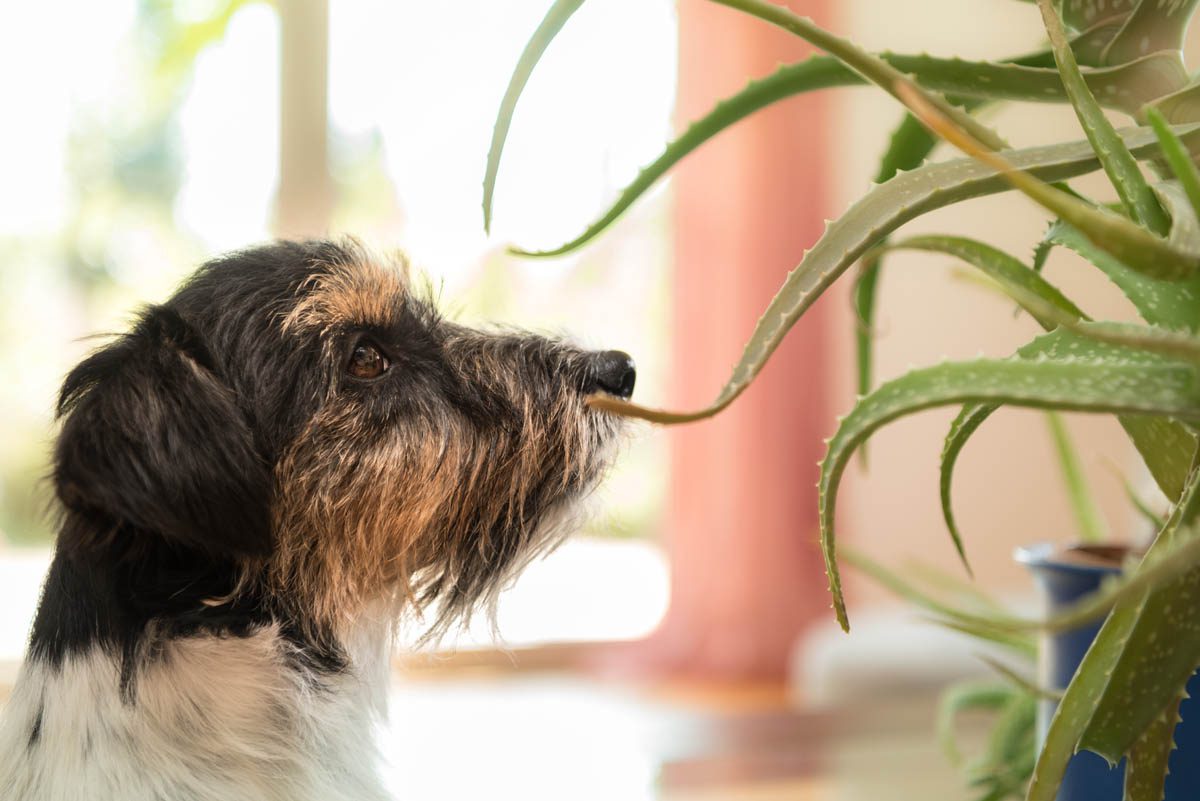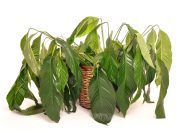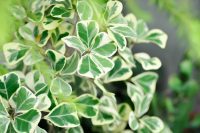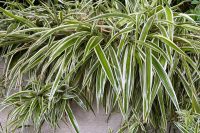Seasol is not toxic to animals and is safe to use on plants in homes with pets as long as care is taken.
What is Seasol?
Seasol is a fast-acting, organic liquid seaweed concentrate derived from southern bull kelp (Durvillaea potatorum) and rockweed (Ascophyllum nodosum) that is marketed as a complete garden health treatment. It is not a fertiliser due to its low nitrogen and phosphorus levels. The benefits of Seasol include encouraging healthy roots, stimulating flowering and fruiting, helping heat stress and encouraging beneficial soil microorganisms.
What happens if a dog drinks Seasol?
The effects of Seasol ingestion will depend on the concentration and the quantity the animal has ingested. A small amount of diluted Seasol shouldn’t cause any problems, however, large ingestions can cause gastrointestinal upset. Give the animal a drink of water to help dilute the product and look out for common signs which include nausea, loss of appetite and vomiting. Consult your veterinarian if your pet develops clinical signs associated with Seasol ingestion and do not induce vomiting unless instructed to do so.
How long after treating a lawn with Seasol do I have to wait before letting pets out?
The manufacturer recommends that the product should be allowed to dry before giving pets access to a treated lawn.
Are all fertilisers safe around pets?
Fertilisers contain a number of ingredients that are toxic to dogs. Toxic compounds include iron, copper, zinc, phosphorous, sodium, calcium, potassium and disulfoton. While many of these ingredients are beneficial to dogs, excess levels can have a serious impact on pets. Unfortunately, some fertilisers can have a highly appealing smell to dogs. Cats are less likely to intentionally ingest fertilisers but may be exposed if their coat is contaminated, which the cat then ingests during grooming. As always, if you suspect your pet has been exposed to fertilisers, seek veterinary advice.
Seasol and fertiliser safety around pets
- Always put the cap straight back on the container after pouring your Seasol solution.
- Keep pets away from the treated area until dry.
- Do not let pets drink from plant pot trays that may contain Seasol or fertiliser.
- Look for pet-friendly fertilisers.
- Do not place slow-release fertilisers in a mound, instead evenly scatter, and water in well.
Julia is a writer and landscape consultant from Wollongong with a love of horticulture. She had been an avid gardener for over 30 years, collects rare variegated plants and is a home orchardist. Julia is passionate about learning and sharing her knowledge of plant propagation and plant toxicology. Whether it’s giving advice on landscape projects or sharing tips on growing, Julia enjoys helping people make their gardens flourish.




